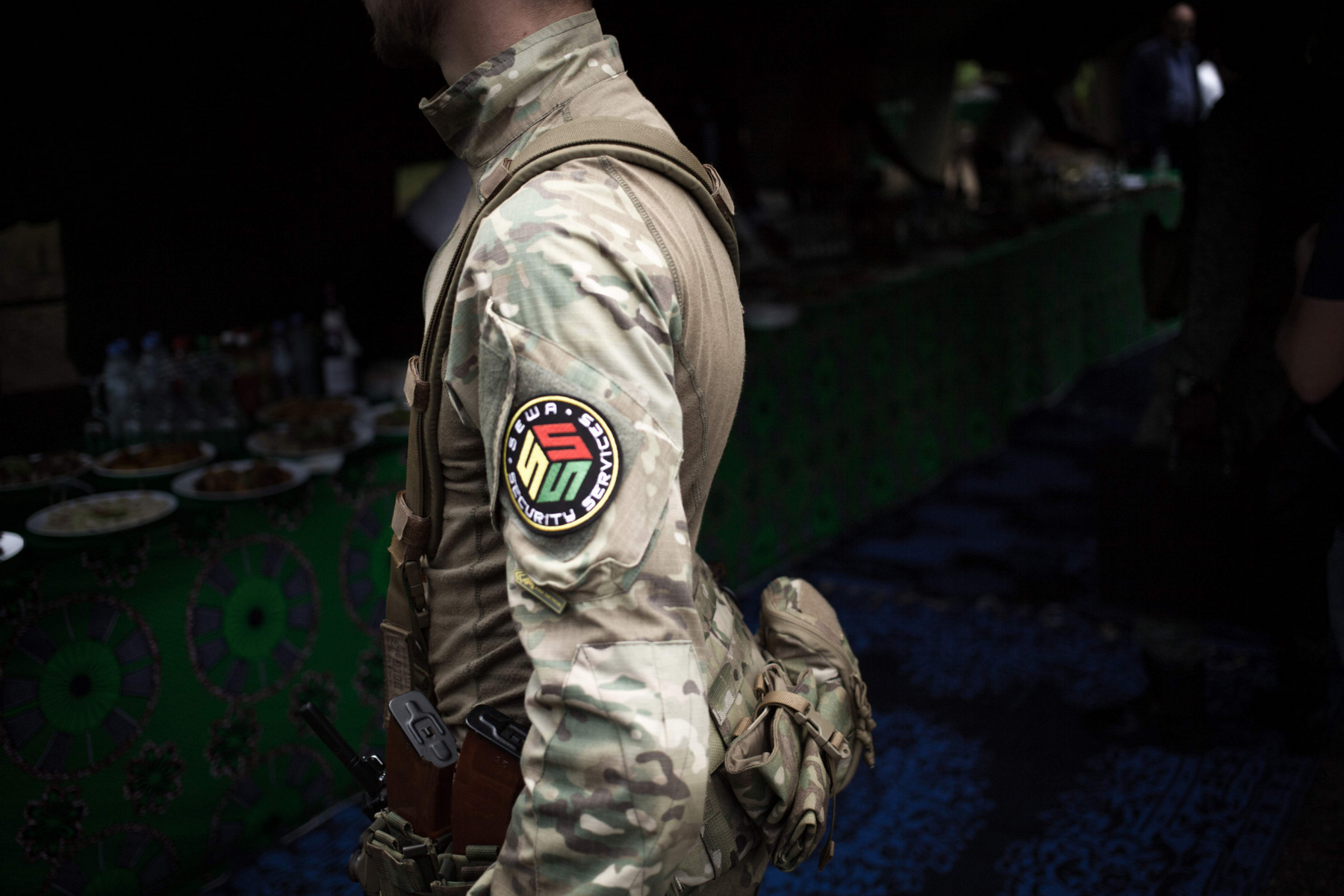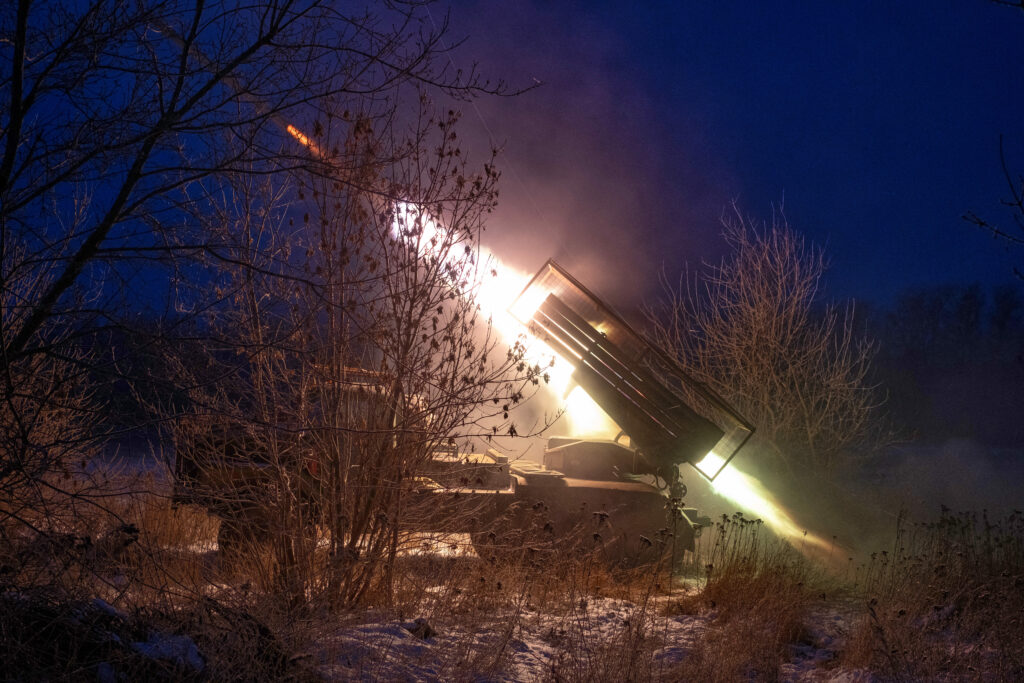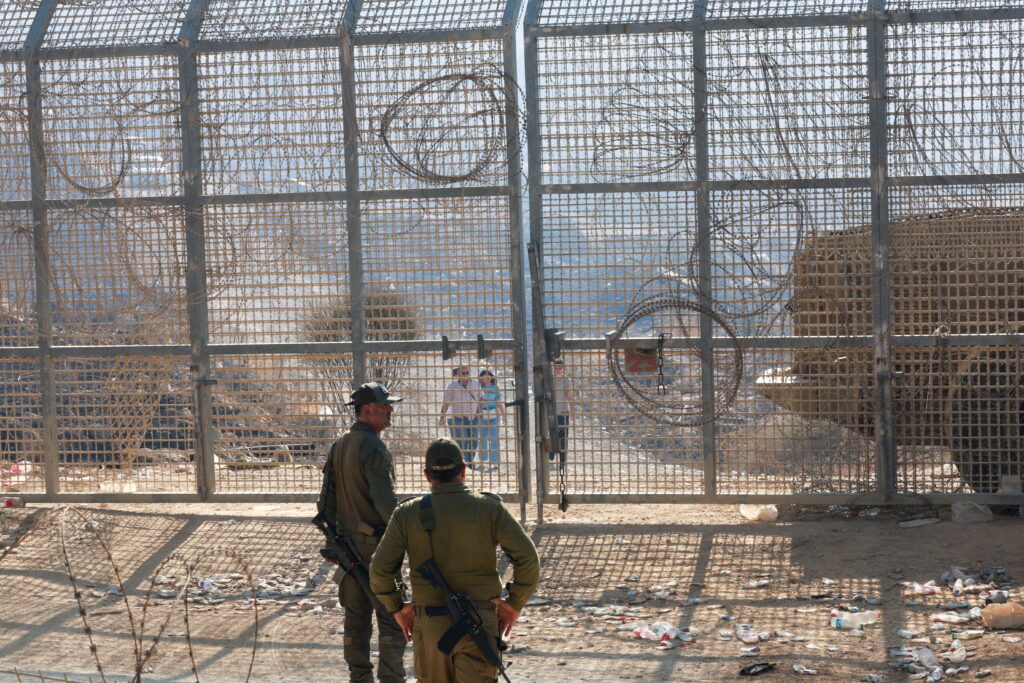Before its dissolution in 1991, the Soviet Union was a key player in Sub-Saharan Africa. But in the aftermath of the Cold War, Russian Federation practically withdraw from the continent. Only between 2006 and 2009 did that trend start to reverse: first Vladimir Putin, and later Dmitry Medvedev payed visits there, paving the way for Russia`s so-called ‘comeback to Africa’.
A high watermark was last year’s Russia-Africa Summit in Sochi. Yet in an international contest for African markets, resources and human capital, Russia`s has limited options. Its ambitions here are hindered by its late arrival, its comparatively scant economic resources, the unattractiveness of its economic model, and the ineffectiveness of its ‘soft power’. Thus, Russia is unable to challenge region`s leading players in a conventional sense. This has spurred Moscow to act unconventionally. In a Russian context, this implies the occasional breaking of some rules via the use of mercenaries. Hence the rise of Russian Private Military Companies (PMCs) in Sub-Saharan Africa – a region handsomely endowed with natural resources, yet plagued by instability and perpetual threat of terrorism.
‘How the steel was tempered’: Russian (para)military presence in Africa
To gain foothold in Africa back in the Cold War, the USSR relied on military-technical cooperation (vojenno-tekhnicheskoye sotrudnichestvo). This included sending Soviet military personnel (‘advisors’). Usually, these advisors did not directly participate in combats. Their chief aim was to offer training and consultancy services. A crucial milestone came in the second half of the 1980s with the so-called ‘border wars’, a series of small conflicts launched by the Libyan leader Muamar Gaddafi against neighboring states. The Soviet military fought on the side of Gaddafi, acting as mercenaries. After 1991, many of them stayed on in the country. They became the first Russian private military contractors on the continent.
Between the 1990s and the late 2000s, the activities of Russian contractors in Africa were tactical and uncoordinated. They had a hard time competing with western Private Military Security Companies (PMSCs). A times, the activities of Russian irregulars were hardly separable from ordinary criminality. For instance, in 2012, during the infamous “Myre Seadiver affair” a vessel belonging to a Russian Moran Security Group PMC – reportedly related to the notorious Wagner Group – was detained by the Nigeran authorities on charges of arms smuggling. Otherwise, Russian Private Security Companies (PSCs), such the RSB Group PMC performed legitimate non-combat missions.
After 2014 the situation changed. Consolidation came through Yevgeny Prigozhin, a billionaire with a criminal past and a close cohort of Vladimir Putin. At least on the surface, Prighozhin assumed a leading role in PMCs-related matters. Furthermore, Putin de-facto supported unlawful military activities in Ukraine, Syria and Libya on at least two occasions.
Russian mercenaries in Africa: operations and complications
Russian PMC activity in countries of Sub-Saharan Africa relies on a three part pattern. First, if there are natural resources at stake. Second, if there is economic backwardness and political instability. Third, if there is a threat of extremism or terrorism and (on many occasions) international isolation. Thus, Russia`s operational principle follows a formula elaborated in Syria: “protection for concession” – lucrative deals in local industries in return for (para)military services.
The first proven stop of Russian PMCs on the continent was the Central African Republic (CAR), a country torn apart by intense civil war since 2012. Unable to defeat the rebels, President Faustin-Archange Touadéra pleaded to Moscow for help. He also sought help lifting an international embargo on arms deals. Russia heeded the call. In 2018, a first batch of Russian military advisors along with a load of weapons arrived. They were deployed with the mandate of the UN (Resolution no.2127). Unofficially, though, they were joined by a group of Russian mercenaries from Wagner PMC. Reportedly, these mercenaries were to protect the Prigozhin-related assets of Lobaye Invest Ltd. On top of that, a Russian citizen became President Touadera`s advisor on national security. (This was Valery Zakharov – a former intelligence official, who worked for Prigozhin.)
On the surface these developments seem like Russia`s undisputed victory in the CAR. The reality is more fraught. From a geo-economic point of view, the actual scope of local mineral resources (gold and diamonds) may have been exaggerated. So for Russia (not individual ‘businessmen’ like Prigozhin) meddling in the country will bring few major economic gains. If Russia`s ultimate goal in the CAR is geopolitical, which includes toppling France and creating a foothold for moving to other, more lucrative areas, such as Angola, then Russia`s move lacks common sense. The French are the main donor and provider of aid. If that dissipates, Russia will never be able or willing to pick up that tab and invest in the CAR accordingly. That would soon poses a risk of undermining Russia-sympathetic Touadéra. Similarly, it is unclear how Russia`s efforts in the CAR could speed an Angola advance. Aside from cultural-linguistic and political differences, these two countries have differing bargaining power. Perhaps, the ambiguous nature of any ‘victory’ has made Russia’s military-political leadership cautious about too many promises. Their top brass were circumspect about an idea voiced by the minister of national defense of the CAR, Marie-Noëlle Koyara, on the building of a Russian military base there.
The second stop of Russian PMCs was Sudan, a country ostracised by the international community for harboring terrorists and conducting outspoken atrocities against its own population. Their involvement was premised on the agreement signed between al-Bashir and Medvedev in 2018, where Prigozhin-related M-Invest Group gained a concession on gold extraction. Despite similarities, Russia`s actions bore no trace of legitimacy: Russian mercenaries arrived and started operating in the country with consent of the local dictator Omar al-Bashir. Having visited Russia several months prior, al-Bashir had also invited Russia to build a naval-military base in his country. Less glowingly, reputable international sources have accused Russian mercenaries of violent suppression of local popular protests. At first shrugging this off, Russian officials later admitted the presence of ‘specialists’. They claimed the duties of these specialists are only for training and consultancy.
An image of Russia`s success in Sudan has flaws. After the toppling of al-Bashir in 2019, the new interim government sought to diversify its foreign policy. It appealed to the UAE and Turkey and looked to strengthen ties with the US, after more than two decades of silence. China, with enormous control in the local oil sector, remains one of the most powerful stakeholders. As for Russia – which rushed to recognize the regime change in Sudan – there is a bad aftertaste from its involvement with the old regime, despite talks between Russia’s deputy foreign minister Mikhail Bogdanov (a key figure in Moscow’s African diplomacy) and provisional Sudanese authorities after the overthrow of al-Bashir
A third country rife with Russian mercenaries is Mozambique, a country endowed with natural resources yet ravaged by Islamic radicalism. Local authorities never concealed hopes that Russian expertise in anti-terrorist or insurgency operations could help local armed forces to solve the problem. Those expectations, however, were too lofty. As forecasted by foreign experts specializing in PMCs in Africa, Russian mercenaries struggled. Engagements with insurgents led to large losses. These defeats, coupled with a reported inability to find a common language with local military are said to have changed moods among local military-political leadership. The results have sown doubt in the ability of Russian mercenaries to fix the problem in Cabo Delgado.
Intermediary results
Employment of PMCs in Sub-Saharan Africa has not yielded major benefits to Russia. Moreover, the situation is unlikely to change. Problems faced by local governments – radicalization of the youth, terrorism and Islamic fundamentalism – need comprehensive reforms. Here, Russian mercenaries on the ground might even have an adverse effect. Faced with rebel forces and rising tensions with local armed forces, the presence of Russian mercenaries might also trigger intra-African tensions. For instance, the advent of Russian contractors to Mozambique resulted in adverse feelings in South Africa, Russia`s key regional partner. Moreover, every setback – like the one in Mozambique – is likely to bring disrepute, warding off future African customers.










